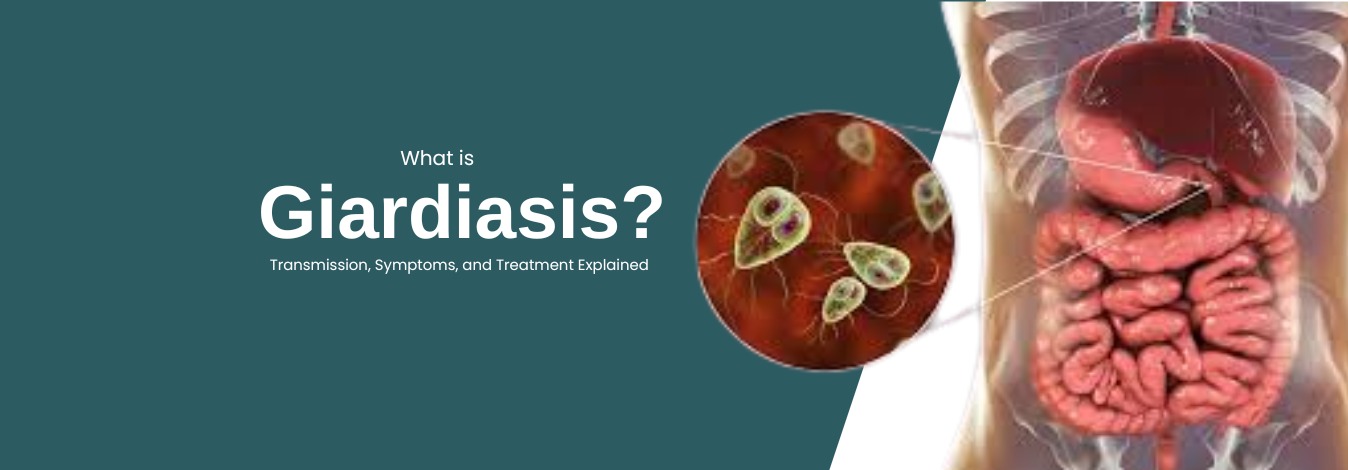At EMC Hospitals, we believe in combining advanced technology with compassionate care to provide accurate diagnosis and effective treatment. Endoscopy is one such minimally invasive procedure that has transformed modern medicine, making it easier to detect, monitor, and treat a wide range of health conditions.
What Is Endoscopy?
Endoscopy is a medical procedure in which a thin, flexible tube fitted with a light and camera is used to view the inside of the body. Unlike conventional surgery, it usually requires no large cuts. In most cases, the tube is inserted through natural openings such as the mouth, nose, or rectum.
This procedure provides real-time images, allowing specialists to identify abnormalities, collect tissue samples, and even perform minor treatments during the same session.
Types of Endoscopy
1. Upper GI Endoscopy
Used to examine the oesophagus, stomach, and upper part of the small intestine. It helps investigate issues such as persistent heartburn, ulcers, difficulty swallowing, unexplained nausea, and gastrointestinal bleeding.
2. Colonoscopy
Focuses on the colon and rectum, making it essential for diagnosing abdominal pain, diarrhoea, or rectal bleeding. Colonoscopy is also vital in bowel cancer screening, as it enables removal of polyps before they turn cancerous.
3. Bronchoscopy
Allows examination of the airways and lungs. It is often recommended for persistent cough, breathing difficulties, or abnormal chest scans. It can also be used to diagnose lung infections and remove blockages.
4. Capsule Endoscopy
Involves swallowing a capsule with a miniature camera that captures thousands of images while passing through the digestive system. It is especially useful for detecting bleeding, Crohn’s disease, or hidden tumours in the small intestine.
5. Endoscopic Ultrasound
Combines endoscopy with ultrasound for detailed images of the digestive tract and nearby organs. It is often used to evaluate pancreatic conditions, bile duct issues, and to assist in targeted biopsies.
Other Specialised Endoscopies
ENT Endoscopy – for nose, throat, and larynx conditions
Arthroscopy – for diagnosing and treating joint problems
Cystoscopy – for examining the bladder and urinary tract
Hysteroscopy – for uterine evaluation, including abnormal bleeding and fertility-related concerns
When Is Endoscopy Needed?
Endoscopy may be recommended if you experience:
Persistent abdominal pain, indigestion, or nausea
Difficulty swallowing
Unexplained weight loss or loss of appetite
Chronic cough or blood in sputum
Rectal bleeding, black stools, or irregular bowel habits
Abnormal imaging results requiring further investigation
It is also an important tool in preventive health care, especially in early cancer screening.
Advantages of Endoscopy
Minimally invasive – no large cuts required
Faster recovery – most procedures are day-care based
High accuracy – real-time images provide clear diagnosis
Diagnosis + Treatment together – removal of polyps, stopping bleeding, or foreign body removal can be done in the same procedure
Safety & Risks
Endoscopy is considered very safe when performed under strict medical protocols. Rare risks may include bleeding, infection, or mild discomfort. Patients are closely monitored during and after the procedure to ensure complete safety.
Conclusion
Endoscopy has become a cornerstone of modern healthcare. From colonoscopy for cancer prevention to bronchoscopy for lung health and capsule endoscopy for hidden bleeding, each type plays a vital role in improving patient outcomes.
At EMC Hospitals, our goal is to provide safe, accurate, and compassionate care through advanced endoscopic services. If you are experiencing ongoing digestive, respiratory, or unexplained health concerns, consult with our specialists to know whether an endoscopy is right for you.



